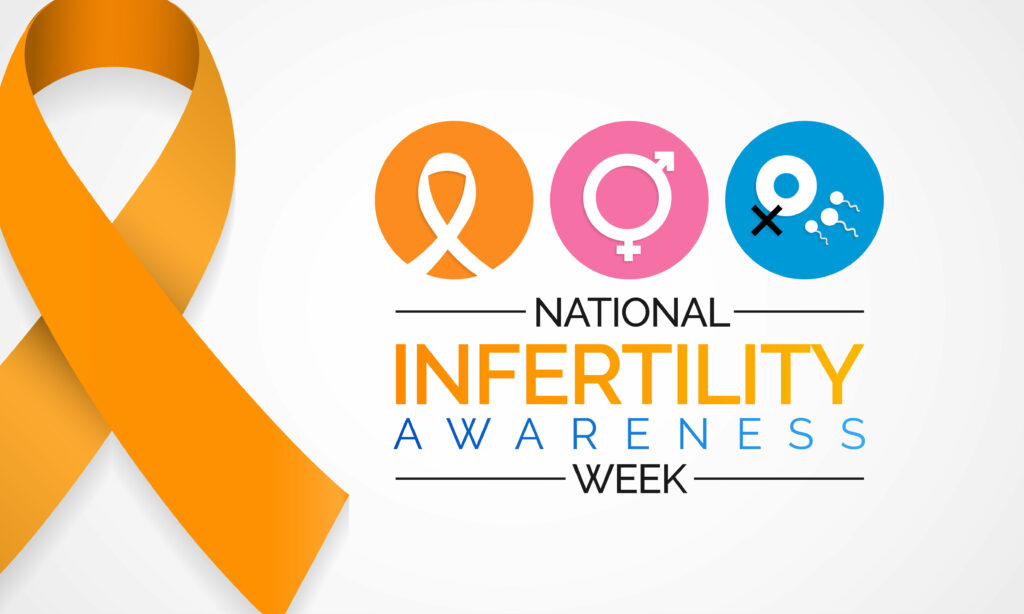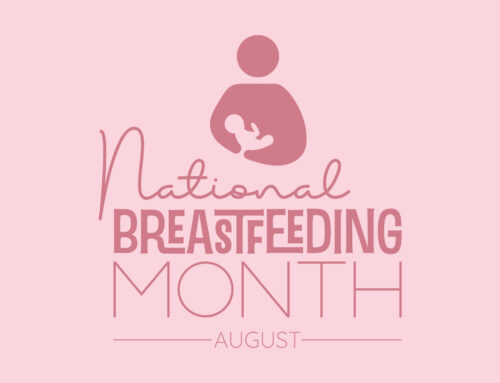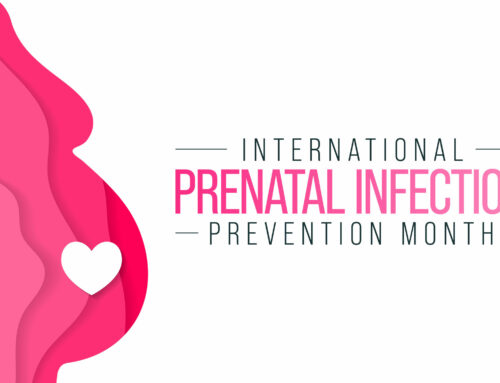
Did you know that 1 in 8 couples of childbearing age struggle with infertility in the United States? Infertility is a disease characterized by the failure to establish a clinical pregnancy after 12 months of regular, unprotected sexual intercourse. No matter what age, religion, race, sexuality, or economic status you are, infertility does not discriminate. If you are trying to get pregnant and it’s not happening as quickly as you had hoped, you are not alone. National Infertility Awareness Week® (NIAW) is a movement that was founded in 1989 by RESOLVE, the National Infertility Association. This year, it will take place from April 23 through April 29, 2023. The goal of NIAW is to remove the stigmas and barriers that surround infertility, talk about the issues facing this community, and provide continued support to all those affected.
What are the Risk Factors for Infertility?
Whether you are planning to become pregnant in the future or trying to conceive now, it is helpful to be aware of the different risk factors that may impact your fertility. Contrary to popular belief, infertility is not always a woman’s problem. In fact, about 30% of infertility cases involve male problems alone, and another 30% of cases involve problems with both partners. Find out which risk factors apply to you and your partner and how to address them to ensure a healthy and successful pregnancy down the road.
Risk Factors for Women
The following are risk factors that can affect a woman’s ability to ovulate, conceive, or carry a pregnancy to term:
- Age 35 years or older
- Ovulation disorders, such as polycystic ovary syndrome (PCOS)
- Uterine or cervical abnormalities
- Chronic diseases
- Fallopian tube disease
- STDs
- Endometriosis
- Primary ovarian insufficiency, or early menopause
- Hormone imbalance
Risk Factors for Men
The following environmental and medical risk factors may contribute to a male’s declining fertility:
- Exposure to toxic substances, such as pesticides and radiation
- Cigarette or marijuana smoke
- Prescription drugs for ulcers or psoriasis
- DES exposure in utero
- Exposure of the genitals to elevated temperatures
- Hernia repair
- Undescended testicles
- History of prostatitis or genital infection
- Mumps after puberty
How is Infertility Diagnosed?
Before infertility testing is done, your doctor or clinic will ask about your sexual habits and may offer recommendations to improve your chances of getting pregnant. They might also ask you to record signs of ovulation, such as basal body temperature and cervical mucus. In some infertile couples, no specific cause is found (unexplained infertility).
Certain tests can help diagnose or rule out female and male fertility problems. It’s important to note that, even after testing and counseling, there is no guarantee that you’ll get pregnant.
Tests for Women
Fertility for women relies on the ovaries releasing healthy eggs. The reproductive tract must allow the egg to pass into the fallopian tubes and join with the sperm for fertilization. Once fertilized, the egg must travel to the uterus and implant in the lining. Tests for female infertility are done to find out if any of these processes are impaired. After a general physical exam, including a Pap smear, your doctor may order the following tests:
- Blood test. A blood test measures hormone levels to determine whether or not you’re ovulating.
- Hysterosalpingography. This test evaluates the condition of your uterus and fallopian tubes, looking for blockages or other problems.
- Ovulation reserve testing. This test helps determine the quantity of eggs available for ovulation.
- Imaging tests. A pelvic ultrasound looks for uterine or ovarian disease. In some cases, a saline sonohysterogram is used to see details inside the uterus that are not found on a regular ultrasound.
Tests for Men
Fertility for men requires that the testicles produce enough healthy sperm and that the sperm is ejaculated into the vagina and successfully travels to the egg. Tests for male infertility are done to determine if any of these processes are impaired. During a physical exam, your doctor may look at the testicles for lumps or deformities. They may also order specific fertility tests, such as:
- Semen analysis. This test checks for problems with the sperm, such as low sperm count and poor mobility.
- Blood test. A blood test measures testosterone, thyroid, and other hormone levels. Genetic blood tests look for chromosomal abnormalities.
- Scrotal ultrasound. An ultrasound of the scrotum is used to identify varicoceles or other testicular problems.
What Infertility Treatment Options Are Available?
Infertility treatment will depend on several factors, including what’s causing infertility, how long you’ve been infertile, your age and your partner’s age, and personal preferences. Women under the age of 35 who aren’t pregnant after one year of trying should contact their healthcare provider for a comprehensive evaluation. Regardless of gender, you should seek help early if you have any risk factors that affect fertility. Along with medication and surgery, the following methods are available for assisted or artificial conception:
- In vitro fertilization (IVF): IVF is a type of assisted reproductive technology (ART) that involves fertilizing an egg outside of the body and then implanting it in the uterus.
- Intrauterine insemination (IUI): During IUI, a long, thin tube known as a catheter is used to place sperm directly into the uterus.
- Intracytoplasmic sperm injection (ICSI): During ICSI, an embryologist injects a single healthy sperm directly into a mature egg. This method is often used when there is poor semen quality or quantity.
- Third-party ART: If there are severe problems with the couple’s own eggs and sperm, they may choose to use eggs, sperm, or embryos from a known or anonymous donor.
Expert Preconception Counseling at NJPA
Before becoming pregnant, it’s crucial to identify and address any pre-existing health conditions or risk factors that could affect the pregnancy or your ability to conceive. At New Jersey Perinatal Associates, we proudly offer preconception counseling for couples at our seven convenient office locations in NJ. During your first visit, we will discuss your family and medical history, OB/GYN history, lifestyle, and vaccination records to get an accurate picture of you and your partner’s health.
Our experienced perinatologists at NJPA will perform advanced diagnostic imaging tests and create a personalized care plan to ensure the best possible outcome. Our goal is to provide high-quality care at all stages of your pregnancy, including before conception. Contact us at your nearest location to learn more about our full range of services or schedule a consultation for preconception counseling today!





